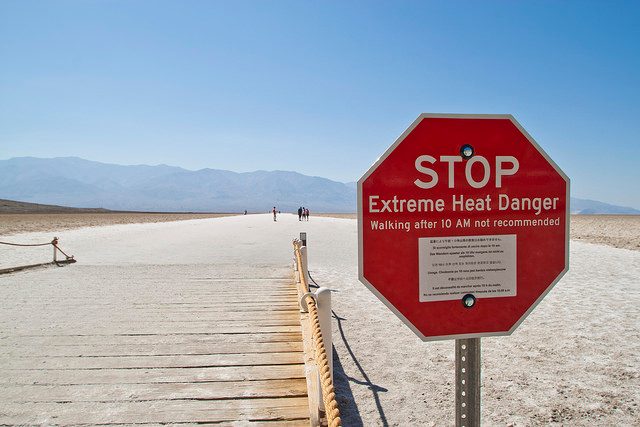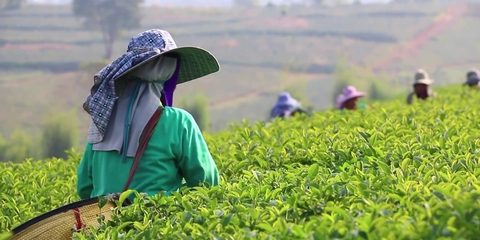
Providing Water, Rest and Shade (WRS) to workers can mitigate the ill effects of heat and improve health, says new research
Preliminary findings from a new research program called the Worker Health and Efficiency (WE) Program reveal that providing Water, Rest and Shade (WRS) to workers in extremely hot environments like India can mitigate the ill effects of heat.
Based on an intervention in Central America where sugarcane workers were provided with WRS resulting in protection to health at the workplace, the WE program researchers argue that WRS intervention benefits the workforce and does not hinder efficiency in the cultivation of sugarcane.
WE Program researchers have urged governments in impacted regions to ensure worker protections through legislation and enforcement of regulations. The research team further recommended that trade agreements ensure that the importation of commodities reliant on at-risk workforces, such as sugar, be contingent on adequate and verifiable worker protection.
“Even though the study was conducted amongst sugarcane workers the findings are applicable to all type of workers who experience prolonged exposure to hot and humid environments. Water, rest, shade, and sanitation are an essential part of keeping workers safe,” says Dr. Vivekanand Jha, Executive Director of the George Institute for Global Health, India, and one of the co-signatories of the WE program.
“Our country has been sweltering in the last few weeks and tens of millions of workers have been working out in the sun. As the climate warms and heat stress impacts human health, there must be shared and enforceable standards of basic human health to ensure equitable and sustainable supply chains,” he points out. In a rapidly warming world, heat risks for workers in India will only worsen in times to come. “The Central and State governments must leverage years of occupational safety and health research done globally and in India to support at-risk workers. Development and funding agencies must also support efforts to bolster worker protections,” argues Dr. Jha, adding: “Applying insights from Central America is a great example of South-South learning.”
There has been increased movement towards provision of water, rest and shade by both state and private actors in recent years. Yet access to water, shade and rest are inconsistent or absent in major commodity supply chains throughout the world, according to a recent major UN report.
“Actions are needed to protect workers and employers now and in the future, including low cost measures such as assured access to drinking water in workplaces, frequent rest breaks, and management of output targets, carried out with protection of income and other conditions of Decent Work,” the report says.
Closely connected to water, rest, and shade is the human necessity of sanitation. Clean, accessible and adequate water and sanitation are fundamental to human health. Inadequate sanitation particularly affects women.
The WE Program applies WRS data to make evidence-driven improvements to working conditions in industries affected by extreme heat. Researchers facilitate evidence-driven improvements to working conditions and measure resulting health outcomes, generating recommendations for a healthy and safe working environment.
The WE Program provides expert guidance to facilitate the implementation of WRS intervention. Its administrative team welcomes consultation with all actors.



